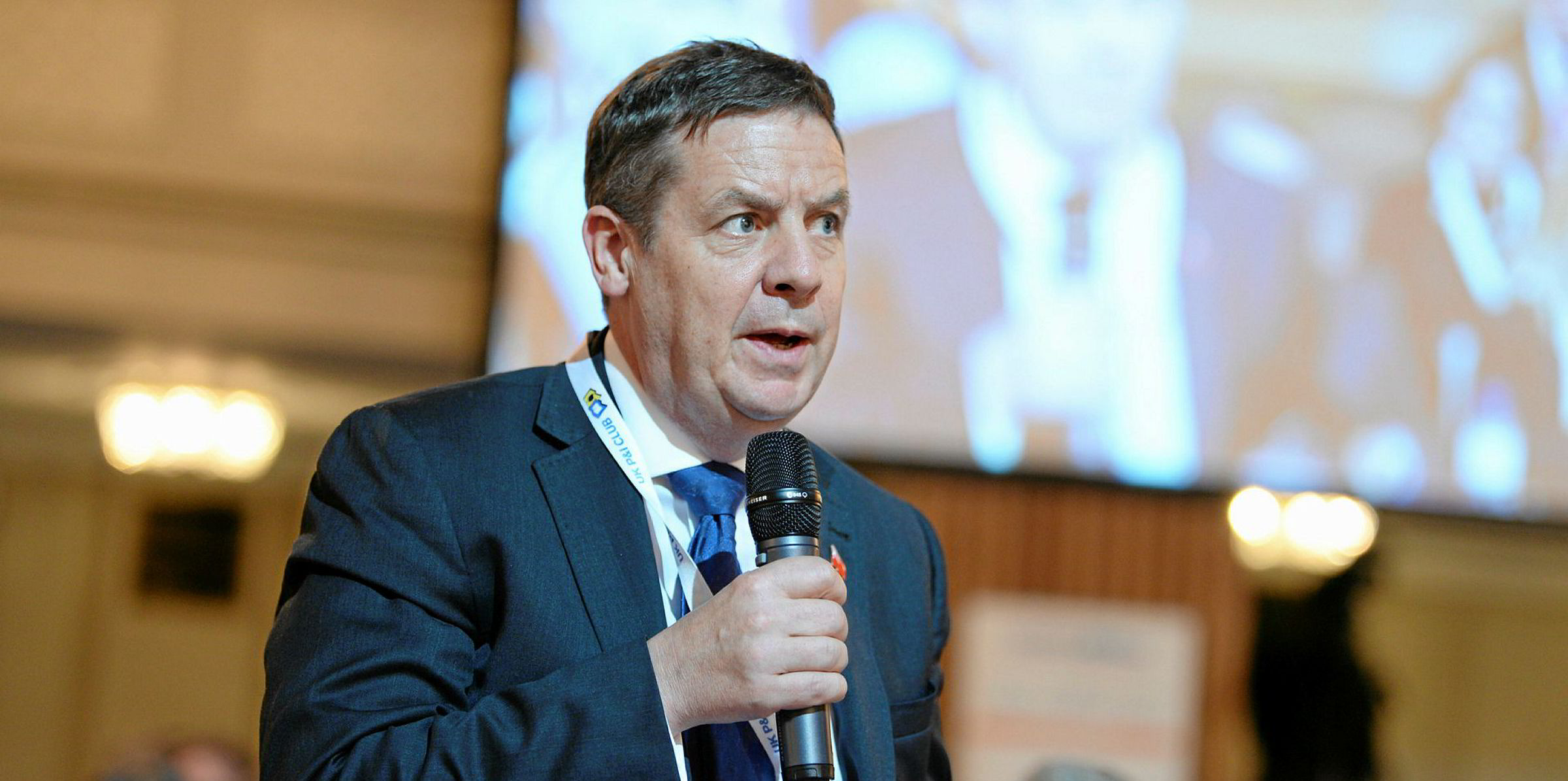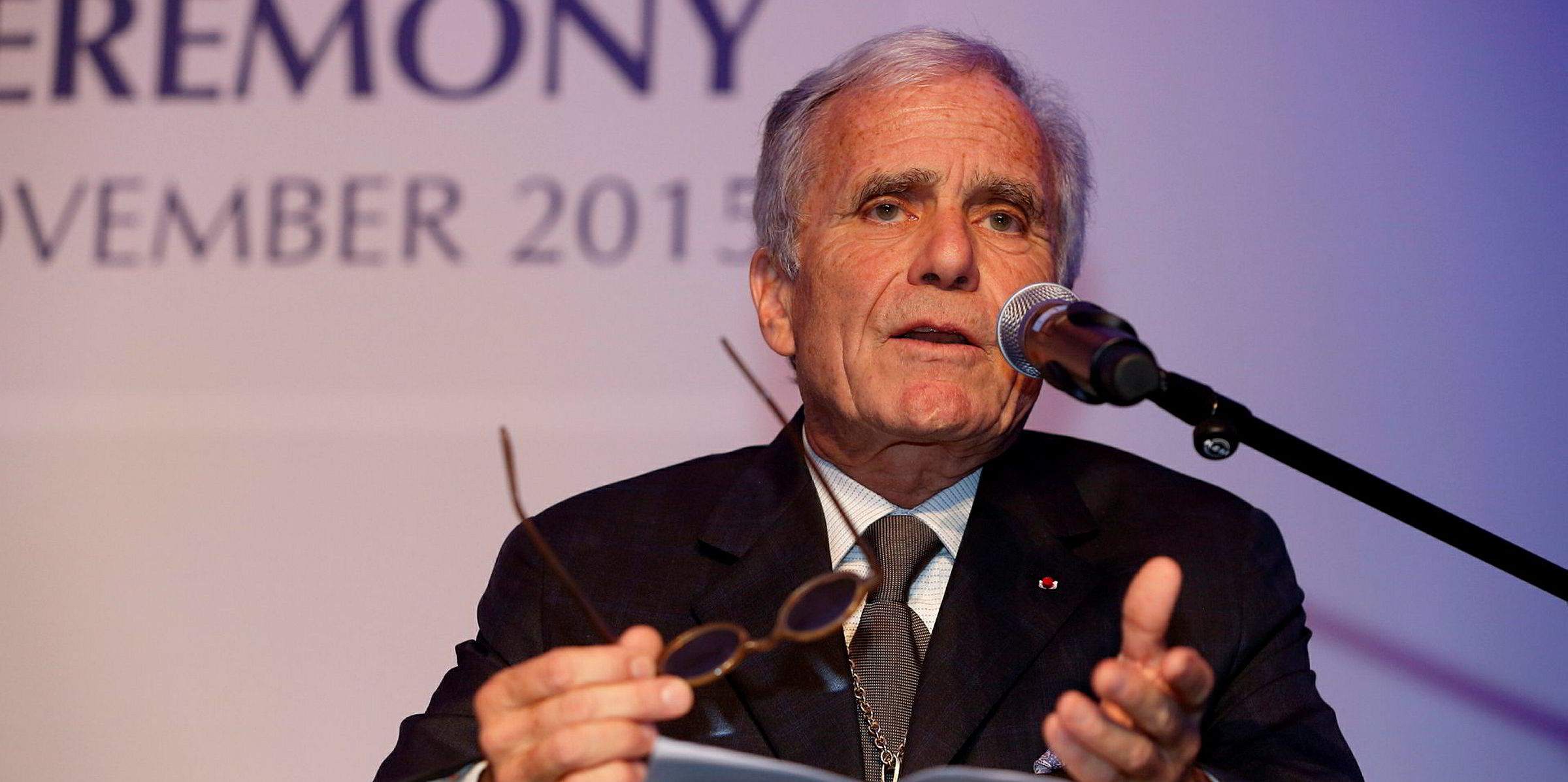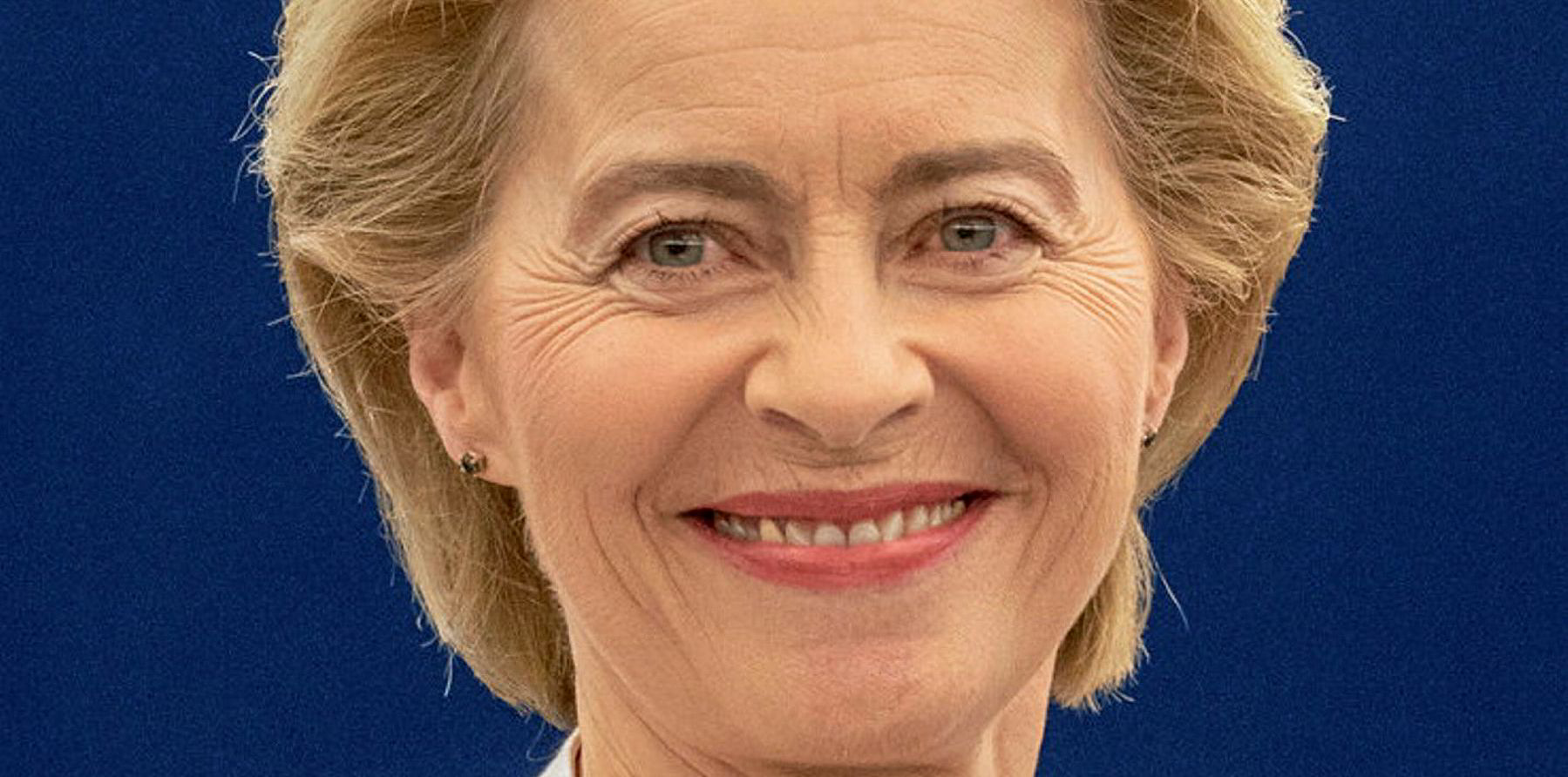International Chamber of Shipping (ICS) has defended a proposal for a $5bn research and development fund, saying it is one piece of the puzzle in the effort to achieve decarbonisation.
The shipping association's secretary general. Guy Platten, said the fund can potentially co-exist with carbon tax or trading regimes.
The proposal — also backed by Bimco, Intercargo, Intertanko, Interferry, International Parcel Tankers Association and the World Shipping Council — calls on shipowners to contribute $2 per tonne of marine fuel they consume.
The proposed fund, which aims to raise $5bn over 10 years, has received mixed responses as some environmentalists reckon its scale is too small to help achieve the IMO’s decarbonisation goal to halve greenhouse gas emissions from international shipping from the 2008 levels by 2050.
According to an analysis by University Maritime Advisory Services and the Energy Transitions Commission, at least $1trn new investments could be required between 2030 and 2050 to reach the target.
Shipping to play its role
However, Platten told TradeWinds on the sidelines of the IP Week conference on Thursday that other non-shipping organisations on the supply chain would also need to contribute to decarbonisation.
“We can't do this all on our own. … Everybody is going to have to do their bit,” said Platten. “It has to be in partnership with governments. It has to be in partnership with energy suppliers.”
“We have expectations that others would step up to the plate as well.”
Platten added the fund can be scaled up with contributions from other segments of the supply chain and be used to co-fund decabonisation projects with non-shipping players.
“We see this is money [that] can be leveraged,” he said. “That way, you can leverage far more out of the $5bn.”
There are also concerns in some corners that shipowners would use the proposal as an excuse to resist carbon tax and trading regimes under discussions at the IMO and some international authorities. The European Union has vowed to include shipping in its future Emissions Trading System if Brussels does not deem the IMO’s decarbonisation measures satisfactory.
To this, Platten stressed that the proposal is “not to try to stop or frustrate the debate about market-based measures”. The ICS’s position is only that any carbon tax or trading scheme “should be global, not regional”, said Platten.
'An optimist'
The proposal is to be discussed by member states of the IMO at the two Marine Environment Protection Committee (MEPC) sessions scheduled to be held in March and October.
If it is approved, the International Maritime Research and Development Board will be established to determine which research and development projects the fund will support. This non-governmental organisation would work under an IMO supervisory body.
With the debate over how shipping should decarbonise still evolving, Platten said there should not be “pre-conditions” as to which types of projects can receive funding at this stage.
Under the IMO’s regulatory framework, the MEPC will need to agree on short-term decarbonisation measures this year in order to meet its target of making such measures legally binding by 2023.
“I'm an optimist. If it went through the IMO…it is possible to get this up and running by 2023,” Platten said.






